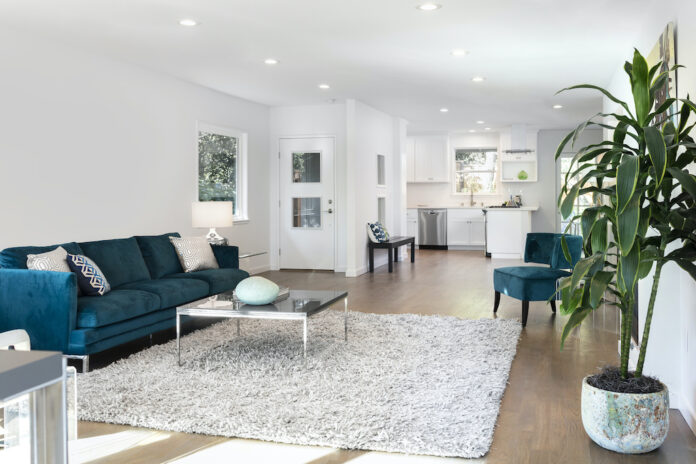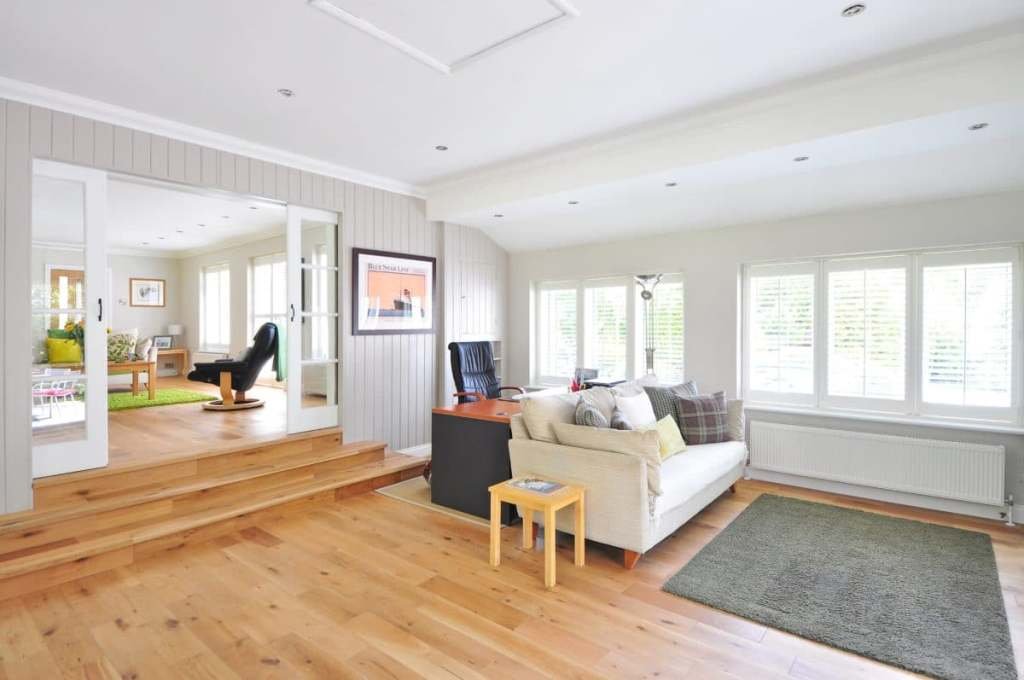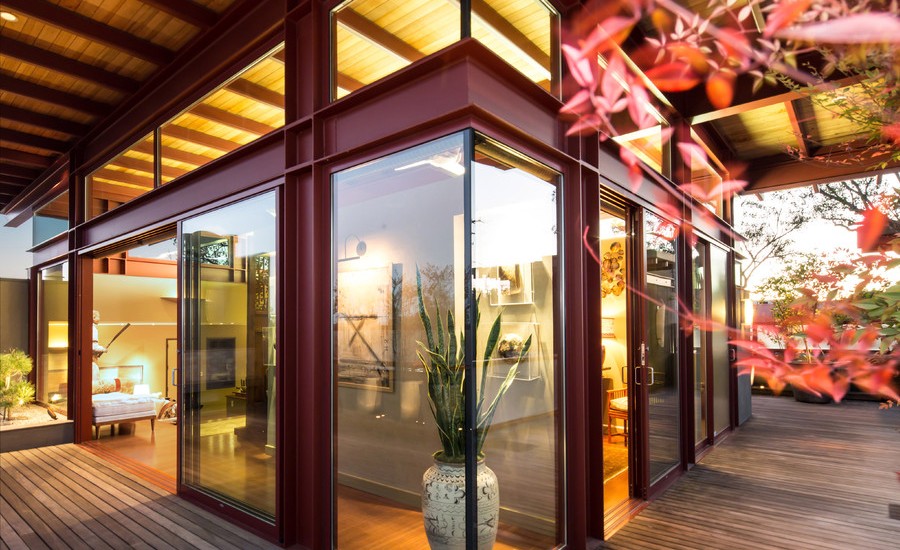You’ve dreamed of this day for years. It’s time to move out of your parents’ house and get a place of your own. Are you ready to become one of the 39 million Americans who live in apartment complexes throughout the country?
Probably. But hold your horses.
There’s a science to moving into your first apartment. Without the right advice, you might regret moving in the first place.
Don’t let a bad apartment renting experience ruin your newfound independence. Instead, ensure a smooth transition with these 7 first apartment tips.
1. Read the Reviews
Most people look at online reviews before going out to a new restaurant or buying gadgets online. So why not do the same thing for your apartment? You should think of your apartment as a service, which means you want to find a landlord that offers the best.
Even if an apartment looks nice on both the inside and the outside, the property management can make it a miserable place to live, warns Onsite Management Services. Unfortunately, not all property management companies are working in your best interest. For example, you might find that they are not fond of returning security deposits or are very stringent about noise and garbage disposal.
Get a good sense of the management before you even step foot into the apartment building.
Not sure where to locate apartments in the first place? The Realm Agency has an amazing guide.
2. Check for Parking
If this is your first apartment, you might take for granted some of the accommodations you have in your current living situation.
Let’s say you live at home with your parents. They probably have a garage or driveway which gives you easy access to your vehicle.
When it comes to an apartment building, a parking lot is a luxury. If you have a vehicle with no place to store it at the apartment complex, you will have to park it on the street — or worse. That can be a serious headache for your daily commute and peace of mind.
Plus, it makes the move-in process much more difficult. If there isn’t a parking lot, then you should ask where people normally leave their vehicles.
3. Listen Up
A common trope about apartment living is having a noisy upstairs neighbor.
unfortunately, that trope is grounded in reality. Moving into your first apartment means saying goodbye to a certain degree of privacy.
Thankfully, your choice of an apartment will have a major impact on the background noise you have to deal with. When you start looking at apartments, try to schedule the walk-through during the evening hours or the weekend. Since this is when most people are home, it will be an accurate representation of the daily commotion.
Remember that it isn’t just about your neighbors, either. If the apartment complex is located by a busy road, you might also have to deal with the sound of traffic. Keep in mind, however, that a furnished apartment will dampen some of the ambient noise you experience.
4. Use Google Maps
When it comes to real estate, you always hear the expression “location, location, location.” This holds true even when you are moving into an apartment. Before or after looking at the complex, you should investigate the local area with Google Maps.
What are you looking for exactly? Well, check out the commute time during rush hour. If it takes you an hour to get to work every day, then you will spend 20 hours a week driving to and from the office.
Of course, you also want to look at local amenities. Having popular restaurants and grocery stores nearby is both convenient and time-saving. if you really don’t know the area at all, it’s not a bad idea to look at the neighborhood’s crime rating.
5. Look at the Layout
From a design perspective, the layout of your apartment is everything. Many people prioritize the square footage of an apartment, but that doesn’t tell you the whole story. Much of that space could be wasted with hallways and walk-in closets.
Not exactly a lot of space for furniture, is there?
The layout is even more important if you are living with roommates, which is almost a given for your first apartment. If your bedrooms are adjacent to each other, that could become a serious privacy issue.
6. Understand the Appliances
The good thing about apartment appliances is you don’t have to buy them. The bad thing is you don’t get to. You will likely be dealing with very old appliances or be missing some altogether.
Commonly, you will not have access to a washing machine or dryer in the apartment unit itself. So what do you do? You will have to make use of a laundromat on-site or find one in the local community.
And laundromats aren’t exactly cheap. Understand the appliances that come with the apartment so you can better estimate the real cost of staying in the unit.
7. Think About Temperature
There are countless types of heating and cooling solutions for apartment complexes.
You could get your own HVAC unit or rely on central air. These units might use electricity or gas, which will affect your overall utilities bill.
Not to mention, there is no standard way apartment complexes price-in heating and cooling expenses. In older buildings, they may not be able to measure your use at all, which means you will pay a flat fee every month. In others, such as those with their own HVACs, they will pay for the utility cost.
In the worst-case scenario, you will have to install your own air conditioner, which also means spending more every month to power it.
Balancing These First Apartment Tips
These first apartment tips are a great place to get started — but there’s just one problem. As you look for the perfect apartment unit, you will discover that it doesn’t exist. This is especially true for your first apartment since you probably don’t have the funds for everything you desire.
Ultimately, you will have to navigate your different options and decide which accommodations are the most important to you. Just remember: Moving into your first apartment is a huge accomplishment. Don’t forget to savor the moment.
Are you prepared for apartment living? discover more tips for your first apartment throughout our site.





















